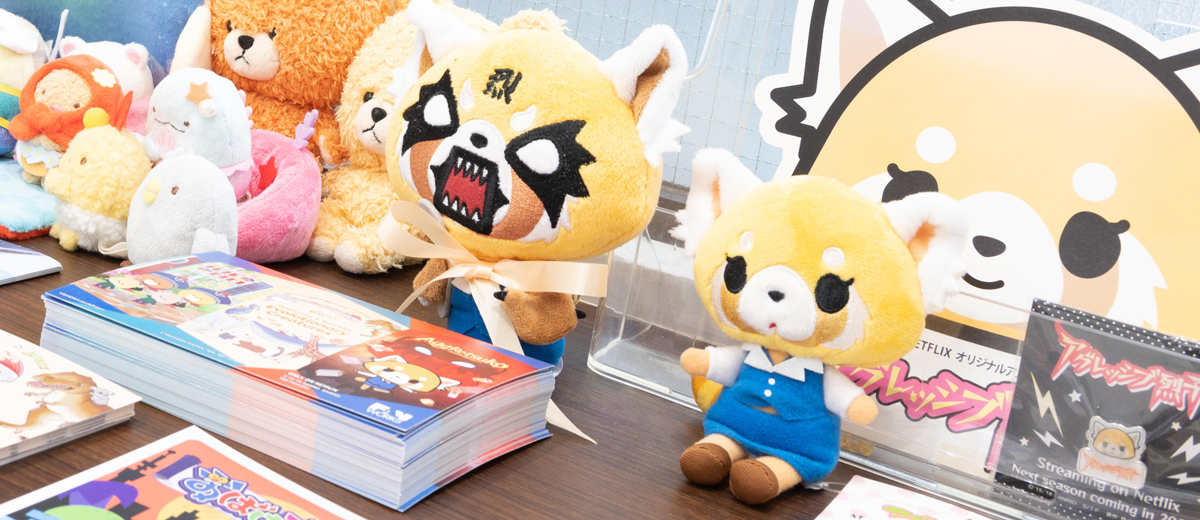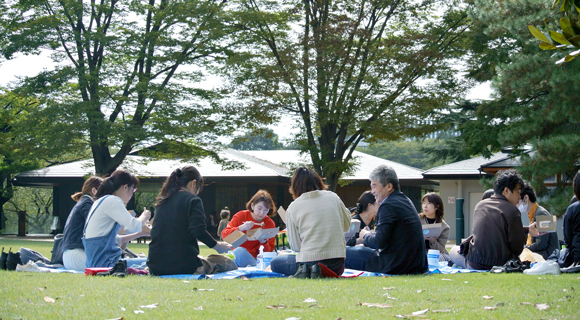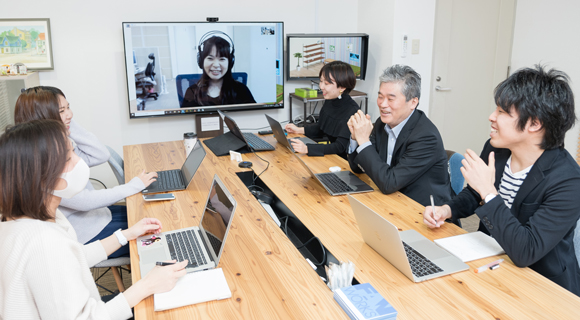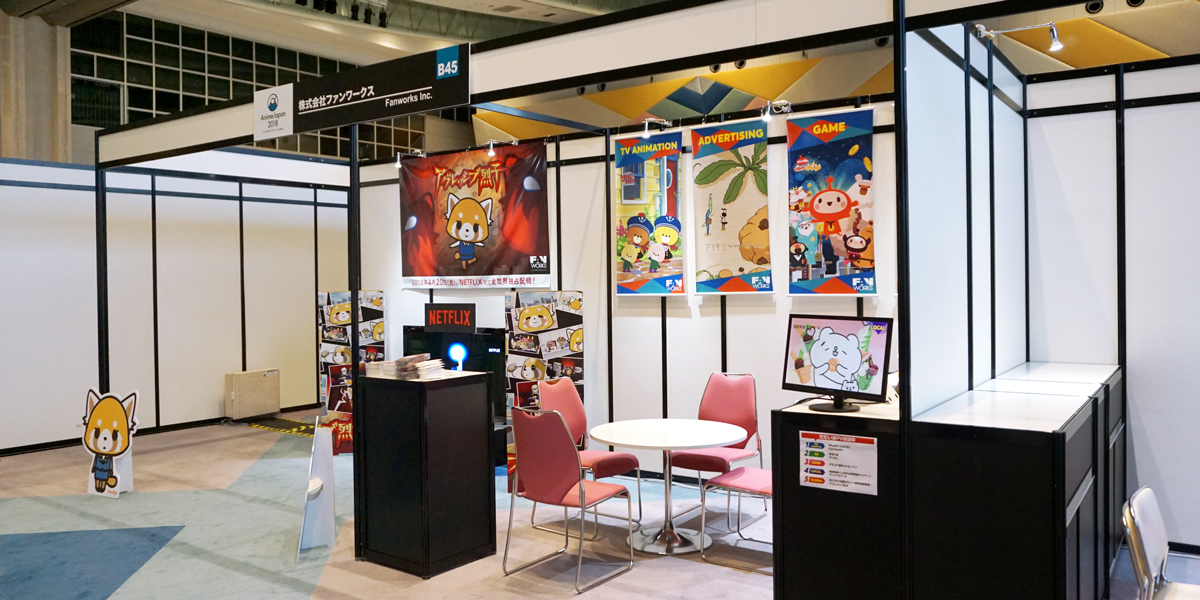Interview
社長インタビュー

3. Total Production by Fanworks
 Fanworks does not only produce animations, but also takes care of all the operational and promotional measures in total. Why did you come to adopt this system?
Fanworks does not only produce animations, but also takes care of all the operational and promotional measures in total. Why did you come to adopt this system?

The internal structure of an animation company that is a prime contractor is divided into a bunch of different small sections. For instance, it has a production studio at a specific place, and then a sales office in a more convenient location. One major weakness of this system is the fact that there is a producer in each of the offices but that the physical distance prevents them from communicating with each other face to face even when they are working on the same project. Specializing offices separately in production and sales is definitely necessary when you make a large-scale production, so I wouldn't say that this system is generally wrong. However, what we specifically create is short animations that are only a few minutes long, so it's not very efficient for us to divide up the work like that. That is why we have adopted a system where one producer manages everything from the production to the management of a work. It's often said that Japan is lacking producers nowadays, and what that actually means is that there is no “chief producer” who is able to manage the total process of a production. However, it's not anyone's fault; it all comes down to the structure of the system. Therefore, we thought it would be most appropriate to change the system itself, and that's why we decided to do it this way.


 I see you are able to manage your animation productions from an objective and overall perspective by also taking care of the operational and promotional process that comes after. Which part of the job do you focus on more, the production or the management?
I see you are able to manage your animation productions from an objective and overall perspective by also taking care of the operational and promotional process that comes after. Which part of the job do you focus on more, the production or the management?

I believe that what happens after a production is finished is actually quite important. If you don't have all the marketing, content development, and promotional measures in place, a production cannot be successful. However, if the work itself is not good enough, it won't sell, so I guess both are important in the end.
 Wouldn’t there be some disadvantages if you have to commit more time and effort to a single piece of work?
Wouldn’t there be some disadvantages if you have to commit more time and effort to a single piece of work?

From the point of view of a production company, I think being “caring” for every single work is the most reasonable in the end. There would be less waste of time and labor if we made sure that each production would become a hit and recovered the production costs by developing the contents afterwards. If you leave things not sophisticated enough, you’ll end up having to create a lot of additional works to supplement, which is precarious and risky from the management perspective because it means you’ll go out of business once you stop production even for a second. This risky business style is actually one of the reasons why many animation companies go bankrupt these days. It’s a vicious cycle where they can't make enough money so they take on more work, then they have to hire more and more people to complete them, but then the quality of the works goes down because of the inefficiency. In order to avoid that, it's better to thoroughly undertake each work from the start to the end.


